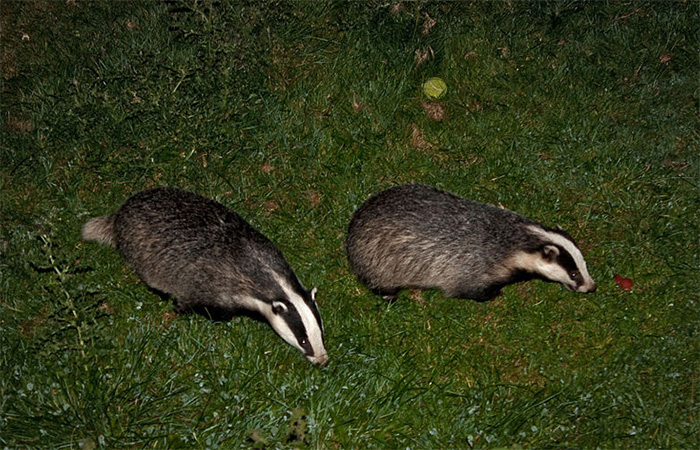Cull the badger cull, says Andrew George MP

If, later this week, the Government decides to carry on with its badger cull they run the very high risk of making cattle TB significantly worse. I fear that Government Ministers will place political dogma and gesture politics above evidence-based policy making.
We expect the Government's appointed Independent Expert Panel (IEP) report (which Ministers have been sitting on for the past few weeks) to show that Government policy of farmer-led 'free shooting' badgers to have been ineffective and probably inhumane.
As a Member of Parliament for a deeply rural area, and one which has been very deeply affected by the impact of Bovine TB on livestock farms for decades, I know only too well how the extremely serious problem of Bovine TB can affect the herd, farmers, their family and their livelihoods. Understandably emotions run high.
That is why, 15 years ago, when the Government proceeded with a badger cull in my West Cornwall constituency I supported it as part of the then Government's extensive Randomised Badger Control Trials (RBCT). I wanted to make sure that we explored every option of getting on top of this disease and to support a livestock sector which was on its knees. Needless to say, I ran the gauntlet of extremely vociferous and often offensive criticisms from those who disagreed. Pro badger protests and disruption were rife. But as I back evidence-based policy making, we needed evidence from the trials before settling on a policy.
However, I have never believed that Government Ministers fully acknowledged or understood the evidence from those trails when proposing their own policy of farmer-led 'free shooting'.
None of this is helped by the way in which each of the 'badger' and 'farmer' camps characterise each other. Badger protestors see the farming lobby as callous, gun totting, bloodthirsty cowboys who simply want to scapegoat the badger rather than admit their own responsibilities. And farmers see badger protestors as out of touch 'townies' who don't understand country life and whose anthropomorphic attitude means that they would protect the badger but wouldn't be so worried if it was the rat that was targeted!
The original stated purpose of the two pilot culls (in Somerset and Gloucestershire) was to evaluate the safety, efficacy and humaneness of 'free shooting' badgers. 'Free shooting' was expected to be much cheaper than cage trapping. The original target was set to provide 80% confidence of having culled at least 70% of the badgers present - this amounted to 82% of the point estimate of population size (an estimate which had itself been repeatedly revised downwards). After six weeks the independent expert panel were 95% confident that less than 50% of local badgers had been culled in both areas. The numbers killed in the period to extend the cull is unlikely to have taken the total much above 50%.
It is important to remember that the original target (of at least 70%) was set by DEFRA to provide confidence that the farmer-led culls would deliver benefits of at least the magnitude observed in the proactive treatment under the RBCT.
However, it's not just the magnitude of the cull (in which the project has significantly failed) but the speed of the cull itself. If badgers are culled over a longer period of time then this will cause a higher level of badger migration (perturbation) thus resulting in the significant spread of the disease amongst the badger population and hence to cattle. In the RBCT, proactive culls were completed across entire areas in a period of between 8-11 nights, whereas the two pilot culls were conducted over 63 and 77 nights. It is clear from the evidence that this slower removal would further elevate bTB in badgers, undermining any likely benefits for cattle TB.
The Government will assess whether to proceed as planned with annual culls in the existing two pilot areas. That should be exercising their minds at present rather than considering the irresponsible policy of spreading the risk of increasing bTB in the cattle population by extending these culls to other areas.
The culls have already been licensed for four consecutive years in both Somerset and Gloucestershire. The reason for this is that, in the RBCT, it took four years for beneficial effects inside culling areas to overtake detrimental effects on the adjoining land. However, benefits only emerge where badgers are culled rapidly and efficiently. The poor performance in both areas suggests a likely worsening of bTB rather than an improvement.








